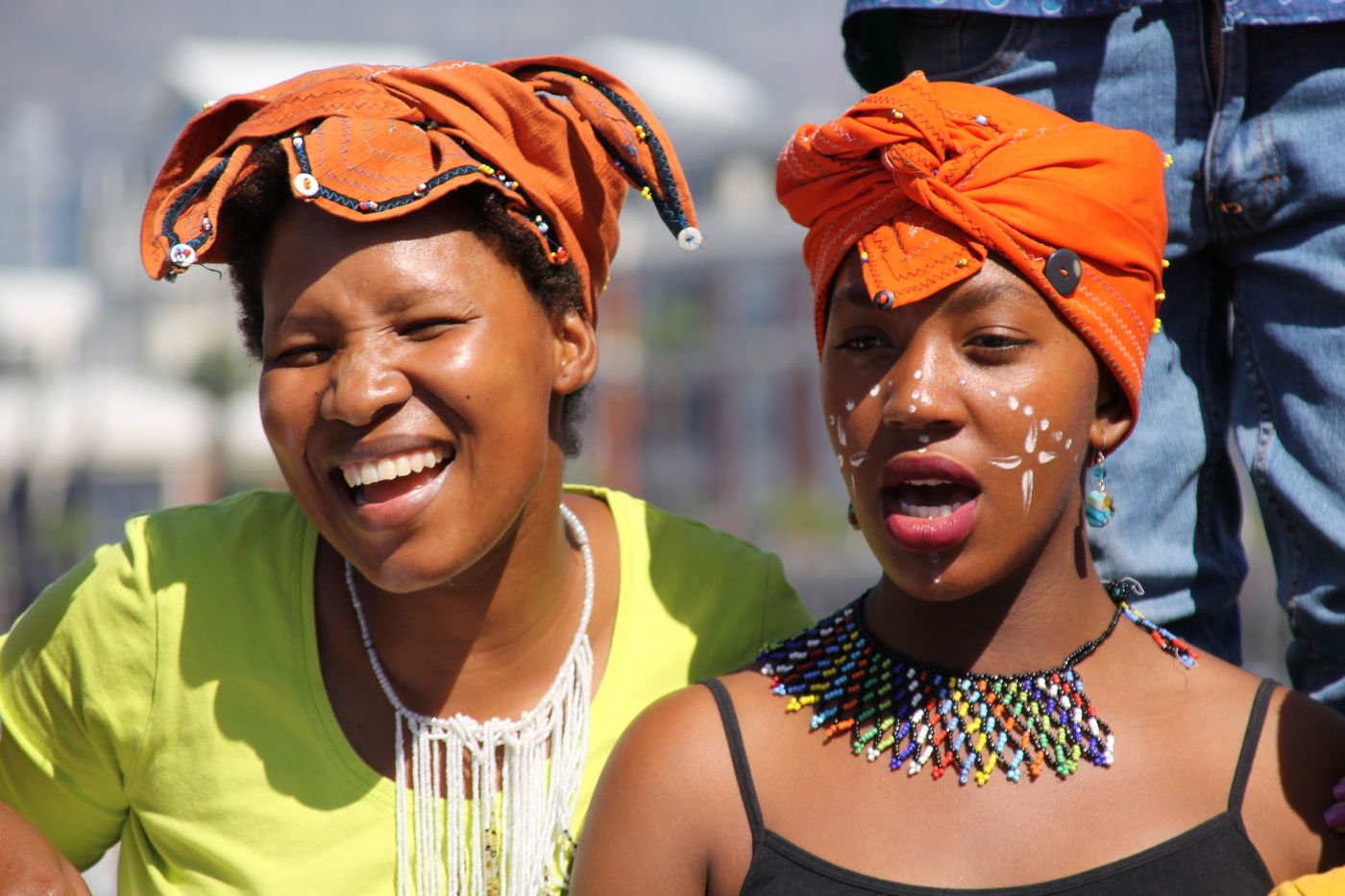When traveling to a foreign country, especially for the very first time, it is wise to learn not only about the destination’s physical aspects — like weather conditions, travel requirements, currency, transportation, top attractions, etcetera — but also about its more sublime character. Specifically, its culture and customs. Learning about a nation’s culture and customs prior to travel paves the way to a smoother, more productive, more pleasurable visit — whether for business or leisure.
Travelers to South Africa would benefit from knowing about these five practical customs and traditions, to better navigate the social and cultural climate of the country.
Exchanging of greetings
In South Africa, it is important to promptly exchange a respectful greeting. South Africans are quick to greet each other and generally see a delayed greeting as a form of disrespect.
When traveling to a foreign country, especially for the very first time, it is wise to learn not only about the destination’s physical aspects — like weather conditions, travel requirements, currency, transportation, top attractions, etcetera — but also about its more sublime character.
This is especially essential in rural areas, where it is part of daily routine to politely offer a form of welcome to everyone who passes by, even if it is just a friendly, polite nod of the head. This is a sign that you acknowledge and appreciate the other person. The most customary form of greeting is a warm handshake while smiling and maintaining eye contact. Sometimes, two hands are used in the process of handshaking, as South Africans are generally very comfortable with friendly physical contact. A hug may be exchanged by people who know each other well, while women who know each other well may kiss one other on the cheek. Greetings are typically more conservative and low-key in rural areas, and more demonstrative in the more urban areas of South Africa. When in doubt, especially when greeting the opposite sex, allow the other person to make the first move and simply follow his or her lead.
It is courteous to address individuals by their title and last name unless they indicate that it is okay to address them by their first name. Meanwhile, the older members of society command a heightened level of respect, always, and are often addressed with titles such as Tata (the word for father), Umama/Mama (the word for mother), “Oom” (uncle), or “Tannie” (auntie).
Engaging in conversation
South Africans are friendly, warm, and hospitable people who will usually take the time to swap pleasantries and make conversation after the initial exchange of greetings. In fact, most South Africans find protracted silence uncomfortable and will do their best to fill that silence. As such, it is vital for visitors and tourists to show interest and participate in the dialogue, as a sign of respect. However, it is also imperative to keep in mind that politics, economics, and race-oriented topics are largely considered sensitive matters, especially with foreigners or those who do not live in the country. These issues are best avoided unless otherwise brought up or pressed upon by the other party — and even then, a sympathetic reply or comment is still the best response.
On the other hand, it is viewed as a sign of courtesy to inquire about someone’s health and well-being; this is generally a much-appreciated, integral part of polite conversation. In the same manner, compliments about South Africa and queries about the country’s sports scene are regarded as pleasant topics of conversation.

Calling attention to something
In many if not most cultures, pointing with the forefinger is an acceptable way to call attention to a person, place, or thing. In South Africa, however, particularly in the more traditional areas, it is largely considered rude to do so. Instead, South Africans will point at something or someone by raising their chin in the direction of the object or person. Similarly, it is commonplace for people to call the attention of other people by making sounds like smacking their lips or making a sibilant (hissing) sound by passing a stream of air through their teeth.
Visiting someone’s home
While it is best to schedule a visit to someone’s home, South Africans are open to spontaneous visits, as well. Upon arrival, guests are required to greet everyone properly and promptly. Gifts (typically a beverage, such as wine) are not a must, but they are always a nice way to show appreciation for the host.
It is customary in a South African home for the host to prepare tea and refreshments, which the guest is expected to partake of. For heavier meals, the guest is typically expected to sit next to the host. More traditional homes may sometimes observe an order of food service, as well: guests first, then the eldest male, the remaining men, then the children, and then the women. When offered a second helping of food, it is seen as a compliment to the host to heartily take it.
Minding the time
While most South Africans will do their best to be punctual to an appointment, it is important to note that culturally, they have a more relaxed perspective of time. Thus, a 10-15 minute delay is generally considered acceptable. It is likewise common to hear South Africans use the phrases “just now”, “now now”, and “right now” when referring to keeping time and doing things. “Just now” actually means hours later, “now now” refers to doing something several minutes later or shortly, whereas “right now” indicates a more urgent timeframe.
While there are a myriad of facets to South African customs and culture, these aforementioned practical aspects will surely prove helpful and useful to travelers to the Rainbow Nation; quite possibly opening doors of opportunity and forging a path to new friendships.







